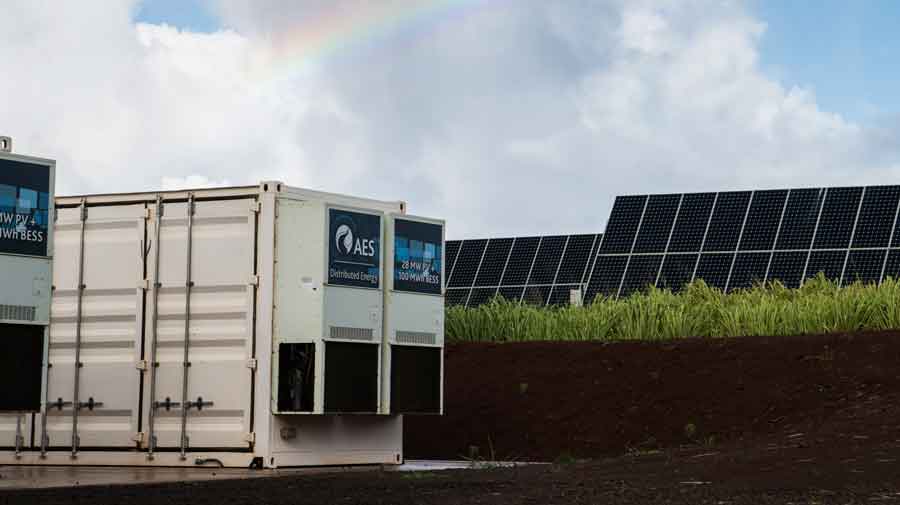Closed reactor spurs rush to avoid isotope shortage
By Toronto Star
NFPA 70e Training - Arc Flash
Our customized live online or in‑person group training can be delivered to your staff at your location.

- Live Online
- 6 hours Instructor-led
- Group Training Available
Atomic Energy of Canada Ltd. said it decided to prolong an unexpected shutdown of the National Research Universal reactor at Chalk River, Ont., for what could be more than a month after discovering a heavy water leak.
The aging reactor usually produces about half the North American supply of a medical isotope crucial to many diagnostic tests and AECL expects to be unable to meet that demand by May 23.
Dr. Christopher O'Brien, president of the Ontario Association of Nuclear Medicine, said hospitals are putting contingency plans in place.
This includes switching to a different isotope called Thallium 201, which is not produced by a reactor and can work for some heart-related therapies, and delaying non-urgent procedures.
"We should be able to limp by next week," O'Brien said.
Dawn-Marie King, clinical operations director for the medical imaging department at the University Health Network in Toronto, said she is not as "anxious" as she was in November 2007, when the Canadian Nuclear Safety Commission shut down the Chalk River reactor for a month and caused a critical shortage of medical isotopes around the world.
"We know what to expect. We know who to talk to," said King of the contingency plan created in the aftermath of the 2007 shortage. "But if you don't have radioactivity, you don't have radioactivity, so it doesn't matter what process you put in place."
International negotiations have already begun to see whether the four other major isotope-producing reactors – in Belgium, France, the Netherlands and South Africa – can fill the gap.
Josée Bellemare, a spokesperson for Health Minister Leona Aglukkaq, said government officials are in touch with international partners and have been speaking regularly with Lantheus Medical Imaging Inc. and Covidien Ltd., two Massachusetts-based companies that supply the isotopes to Canadian hospitals.
William Dawes, vice-president of manufacturing and supply chain for Lantheus, said only the Dutch and South African reactors are currently online and the latter is scheduled to shut down for maintenance within days.
O'Brien said he is encouraged by the contingency plan, but it does not address the greater problem that comes with relying on a reactor that has been running since 1957.
"There are only a few centres in the world that can produce medical isotopes and they are all about the same age and so we really do have to come to grips with... how are we going to replace Chalk River?" O'Brien said.
The U.S. is looking at returning to domestic production of medical isotopes. The U.S. Regulatory Commission is holding a public meeting to discuss a proposal to produce isotopes from a reactor at the University of Missouri.











